Chef's knives
Product sorting
143 items total
List of products
Chef's Knives: The Essential Tool for Every Cook
A chef's knife is the cornerstone of every kitchen, whether you're a professional chef or an enthusiastic amateur. Its versatility and ability to handle a wide range of tasks make it an indispensable tool in food preparation.
Our tip
Read also

What is the Ideal Length for a Chef's Knife?
Did you know that the correct length of a chef's knife significantly impacts not only the efficiency of your work in the kitchen but also your safety when cutting?
Characteristics of a Chef's Knife
- Blade – typically 20 cm long, slightly curved for easy rocking cuts.
- Material – high-quality stainless steel ensures durability and long-lasting sharpness.
- Handle – ergonomically shaped for a comfortable grip and safe handling.
Top Chef Knife Brands
When choosing a chef's knife, it's important to opt for trusted brands that combine tradition with modern technologies:
- WÜSTHOF – A German brand with over 200 years of tradition, known for its precise workmanship and the use of high-quality steel. Its knives are popular among professional chefs worldwide.
- DELLINGER – a modern brand that combines traditional craftsmanship with innovative technologies. Its knives are valued for their original design and excellent cutting properties.
- Victorinox – a Swiss brand renowned for its precision and quality. Its chef's knives are popular for their reliability and ergonomic design.
Care of the chef's knife
Proper knife maintenance ensures its longevity and optimal performance:
- Cleaning – hand washing with warm water and a mild detergent is recommended. Avoid dishwashers, as they can damage the blade.
- Sharpening – regular sharpening with a steel or whetstone keeps the knife sharp and ready for use.
- Storage – for safety and to protect the blade, store the knife in a knife block, on a magnetic strip, or in a protective case.
Investing in a quality chef's knife pays off not only in terms of work efficiency, but also in the joy of cooking and the precision it brings to preparing dishes.
.png)










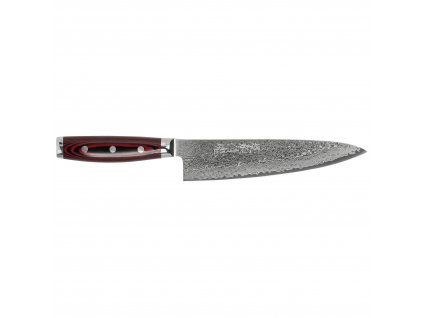
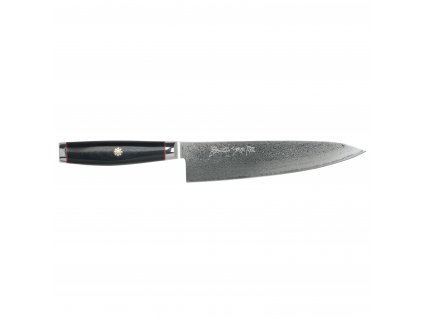



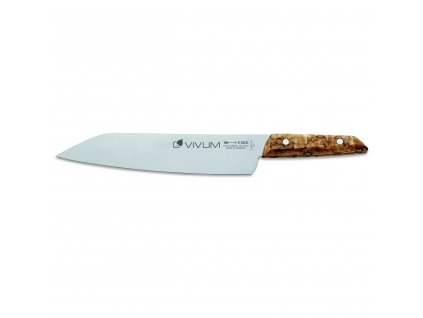
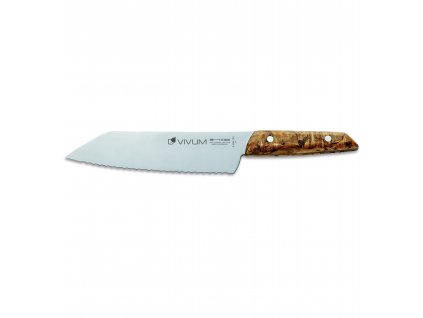
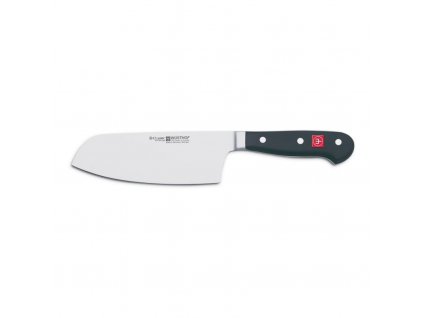


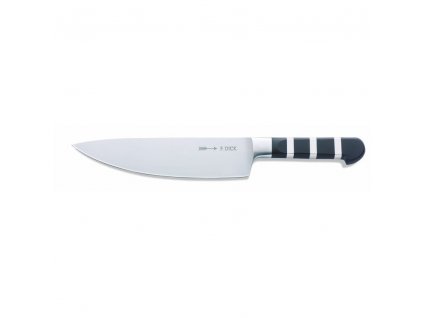

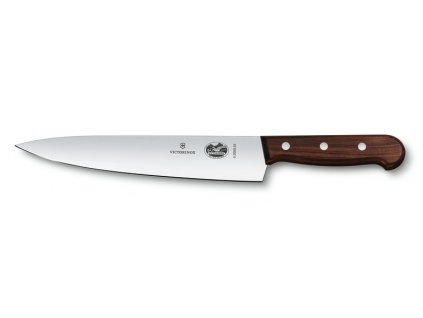

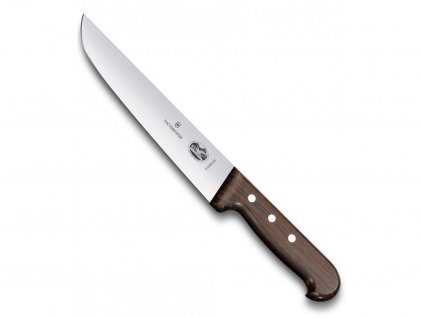
%20kopie.jpg)